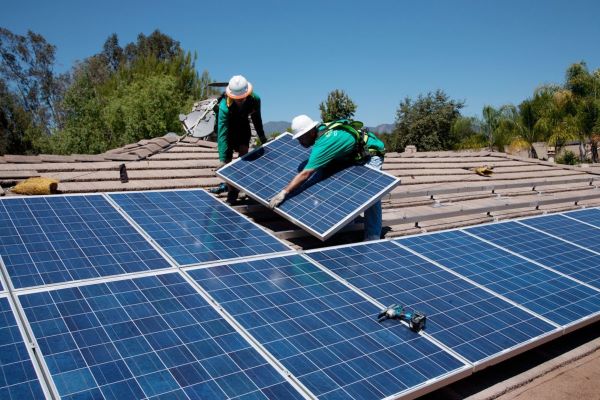GlobalData’s recent publication, titled “Asia Pacific Renewable Energy Policy Handbook 2024,” has revealed the latest in a series of region-specific policy reports crafted by GlobalData. As per the report, Asia Pacific nations are pivoting towards rooftop solar and nuclear power to fulfill renewable energy objectives and tackle climate commitments.
This comprehensive report delves into the renewable energy landscapes of 15 prominent countries within the Asia Pacific (APAC) region, namely Australia, Bangladesh, China, India, Indonesia, Japan, Kazakhstan, Laos, Malaysia, Pakistan, Philippines, South Korea, Taiwan, Thailand, and Vietnam. It focuses on the primary policies governing the renewable energy market in these nations, including discussions on targets, plans, and the existing policy frameworks, offering valuable insights into the overall growth prospects of the renewable energy sector.
The GlobalData report says that the policy adjustments in China and India spotlight the emphasis on rooftop photovoltaics, offering an alternative to conventional large-scale solar projects that require extensive land. China’s mandate, instituted in 2021, stipulates specific percentages of buildings, ranging from residential to government structures, to incorporate solar modules by 2023. Similarly, India’s launch of the Pradhan Mantri Suryodaya Yojana (PMSY) scheme aims to equip 10 million households with rooftop solar systems, particularly benefiting low to middle-income groups. This initiative, offering 300 units of free monthly solar electricity, holds potential to rapidly propel rooftop solar adoption amidst escalating electricity prices.
Meanwhile, Japan and South Korea are recalibrating their energy strategies, particularly focusing on nuclear power. Japan’s post-Fukushima policy shift, articulated in the New Basic Energy Plan, reflects a nuanced approach balancing energy security concerns with decarbonization imperatives. Despite initial reluctance, Japan recognizes nuclear power’s role in ensuring a stable energy supply and advancing emission reduction goals. In parallel, South Korea’s tenth basic plan for 2024-2038 underscores a significant uptick in nuclear power’s share to 32.4% in its generation mix, signaling a strategic commitment to expand nuclear capacity as part of its energy transition.
The GlobalData report further says that the geopolitical dynamics, notably Russia’s invasion of Ukraine and resultant energy price fluctuations, underscore the imperative for diversified energy portfolios. This has affected countries’ decisions to intensify efforts towards domestic renewable sources like rooftop solar and bolster nuclear capabilities. The convergence of energy security, decarbonization imperatives, and economic considerations shapes the Asia Pacific region’s trajectory towards rooftop solar and nuclear power. As nations navigate the complex energy landscape, these strategic shifts represent proactive steps towards achieving sustainable energy futures while mitigating climate risks.

